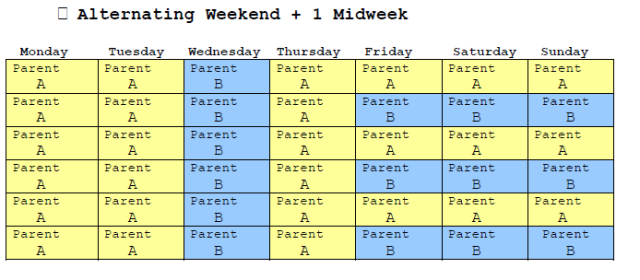Family Diplomacy Opens St. Petersburg Office
Family Diplomacy: A Collaborative Law Firm proudly announces the opening of an office in the heart of Downtown St. Petersburg. We do so on June 1, 2020, as we celebrate the tenth anniversary of our firm and the fifth anniversary of our dedication to resolve family disputes exclusively out of court.
Saint Petersburg Family Law Office
 Our new office is located at 475 Central Avenue, Suite 205, St. Petersburg, Florida 33701. We are in the historic S.H. Kress & Co. Building, situated on the corner of Central Avenue and 5th Street South. The Kress building was built in 1927, influenced by the Beaux-Arts movement, and served as a five and dime store until 1981. The building is located within the Downtown St. Petersburg Historic District, and it was added to the National Register of Historic Places on October 1, 2001.
Our new office is located at 475 Central Avenue, Suite 205, St. Petersburg, Florida 33701. We are in the historic S.H. Kress & Co. Building, situated on the corner of Central Avenue and 5th Street South. The Kress building was built in 1927, influenced by the Beaux-Arts movement, and served as a five and dime store until 1981. The building is located within the Downtown St. Petersburg Historic District, and it was added to the National Register of Historic Places on October 1, 2001.
We also maintain our office in Downtown Tampa, located at 412 E. Madison Street, Suite 824, Tampa, Florida 33602.
Additionally, we are accepting matters throughout Florida. Read more →



